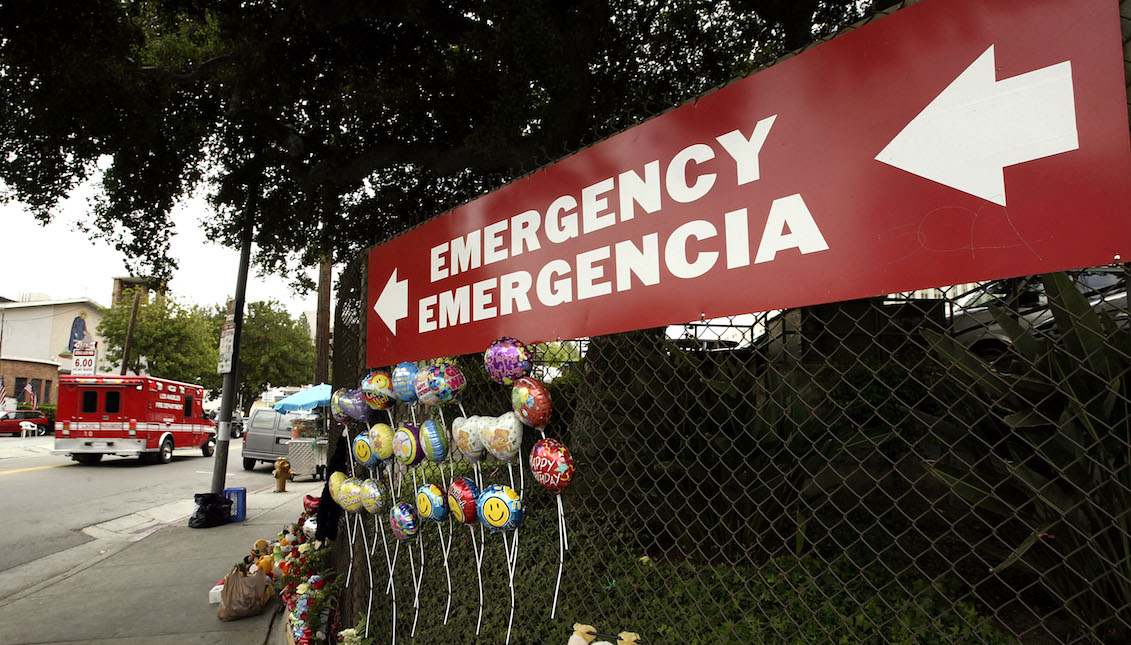
Latinos and health: Are we still a ‘second-class’ community?
During #MinorityHealthMonth we emphasize the disparity that communities in the United States experience when it comes to accessing health, and the specific…
While political rhetoric at the national level discusses projects for universal access to healthcare within the framework of the 2020 presidential elections, communities such as Hispanics in the United States continue to face severe obstacles and specific conditions when it comes to health.
According to a statement from the U.S. Department of Health and Human Services, the month of April has been declared National Minority Health Month, and its campaign will be the "active lifestyle to keep us healthy."
Although the program adheres to initiatives such as that of the World Health Organization to improve the health conditions of minorities in each country, the situation in the United States, and especially for Latinos, is dangerous.
According to a study carried out jointly by the universities of Arkansas, Towson, Saint Louis and the Pan American Health Organization, Hispanics in the United States have risk factors unique to their community, and their characteristics determine rates and causes of morbidity and mortality different from those of other ethnicities.
The leading causes of death in Latinos are cancer, cardiovascular diseases and "unintentional injuries," and the study finds that while government initiatives such as the Affordable Care Act "have resulted in better access to health services," factors such as" limited cultural sensitivity, knowledge of health and the scarcity of Hispanic healthcare providers" aggravate the situation for our community.
Today, Hispanics represent the most significant ethnic minority in the United States, accounting for approximately 17.4 percent of the population, and the disparity in access to health remains latent for reasons directly related to race, language, poverty, gender and, more recently, transportation and accessibility.
In states like Wisconsin, for example, Latinos struggle to combine their schedules, work circumstances and access to medical care.
RELATED CONTENT
As explained by an NPR report, of 100,000 Latinos served by the Carbone Cancer Center, most have a job that often does not pay well, is part-time or seasonal, and 41 percent of the total Latino population in the state "has poverty-wage jobs" without any health benefit.
It is virtually impossible for these communities to maintain an "active" lifestyle or to take the time to exercise, much less if they don't have a safety net that makes them feel cared for.
Likewise, the worsening of the pollution in the country and the ignorance of the social disparity accentuate the gravity and the risks for communities like the Hispanic one.
Several studies have determined that both African-Americans and Latinos are more likely to live in neighborhoods that are much more polluted than whites, while the latter represents the demand for the most polluting products.
Are Hispanics still a "second-class" community?
Their precarious working conditions, the little access to medical services and their relegation to gentrified spaces perpetuate their status as an often-overlooked group.










LEAVE A COMMENT: